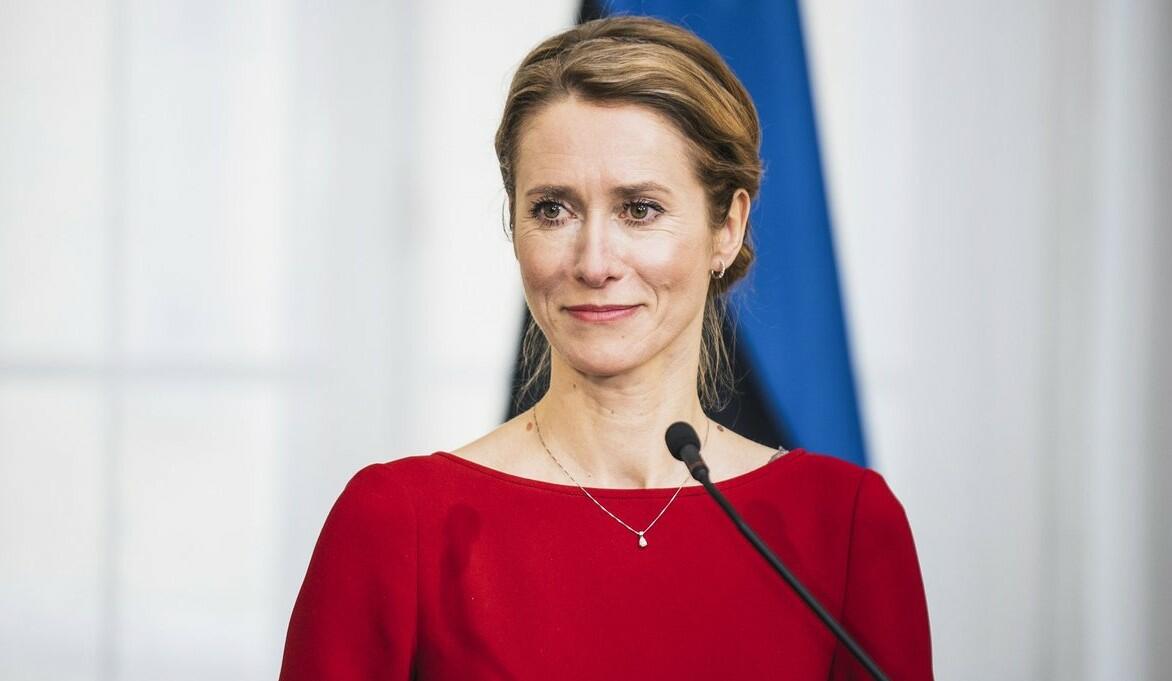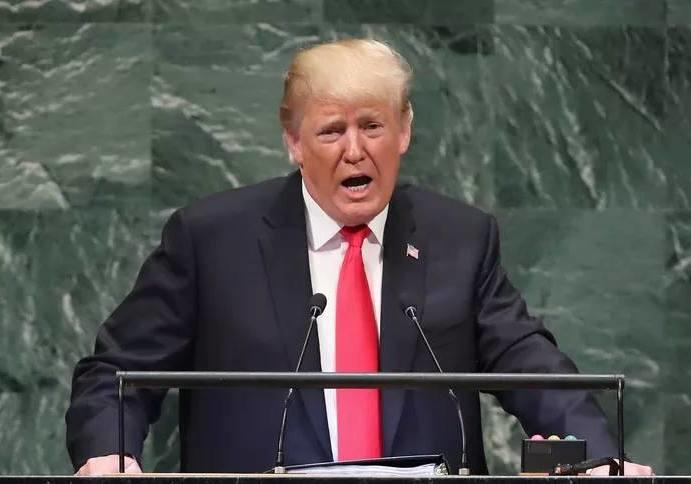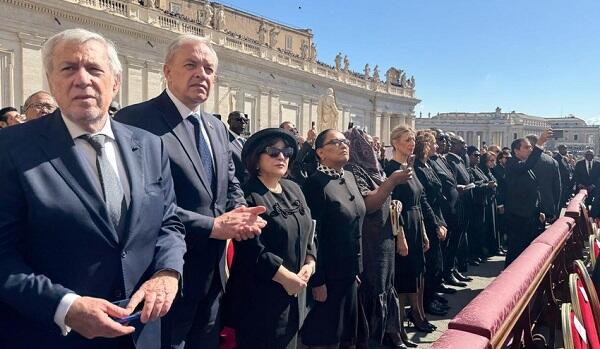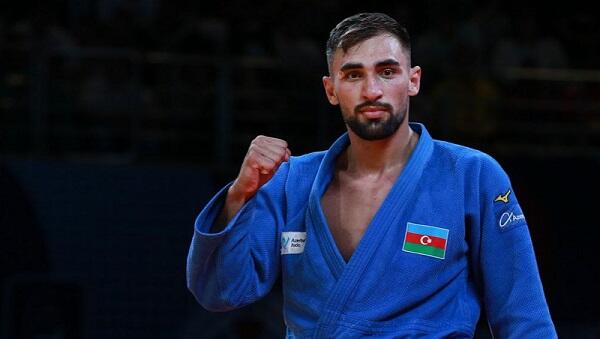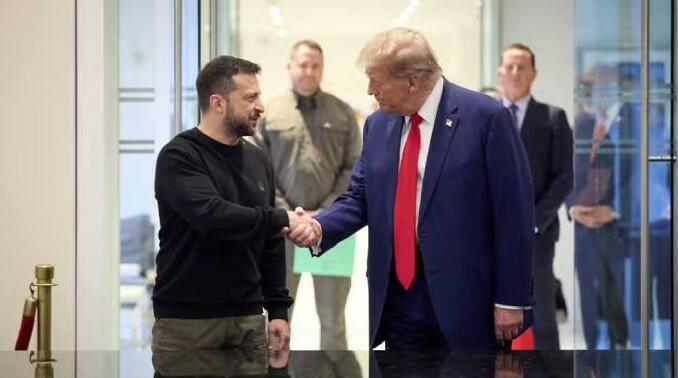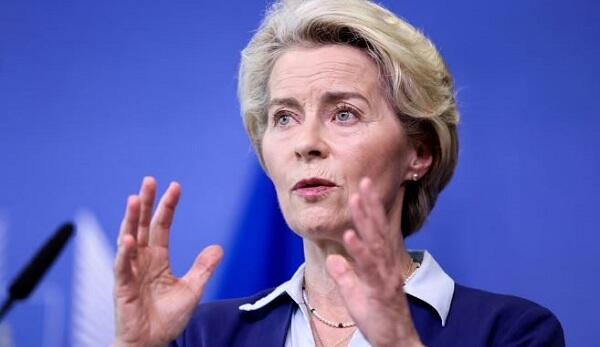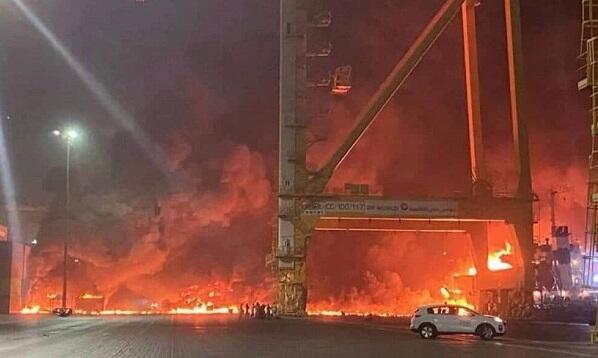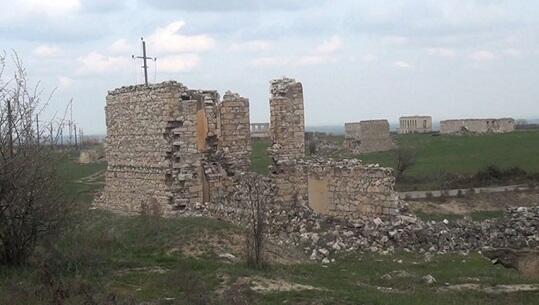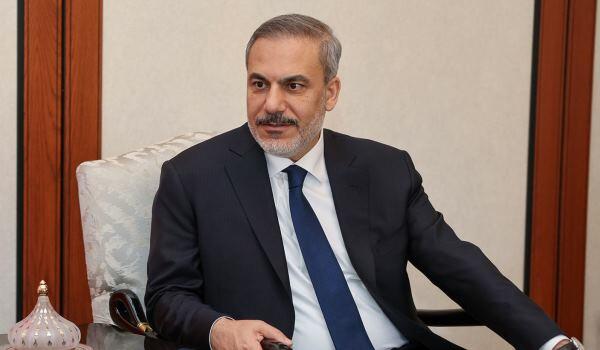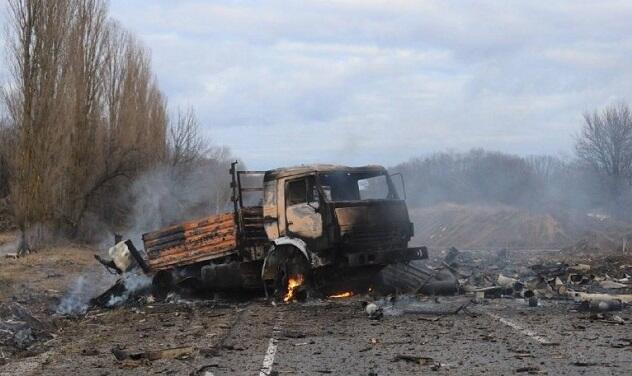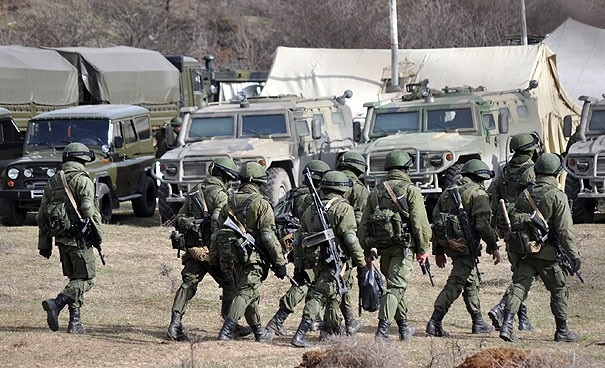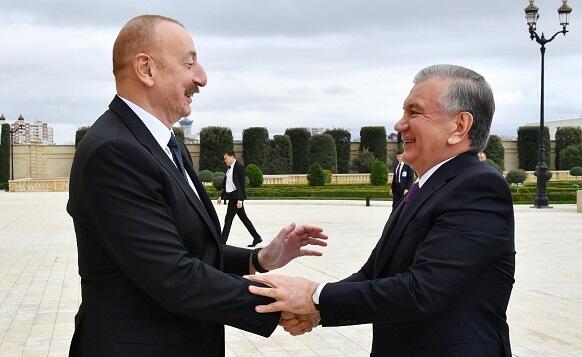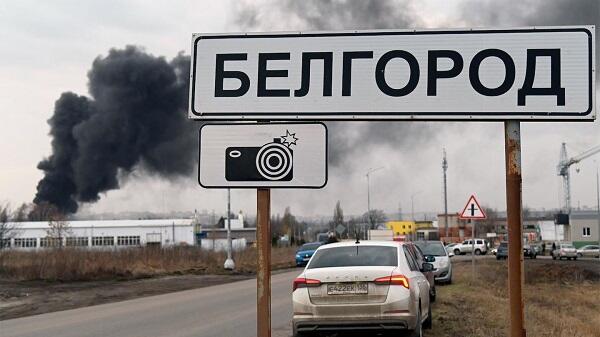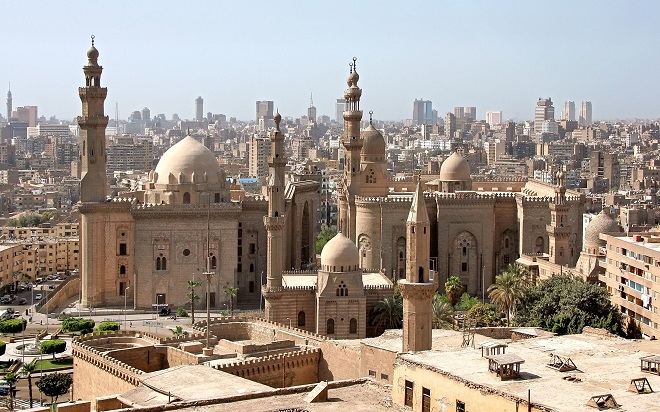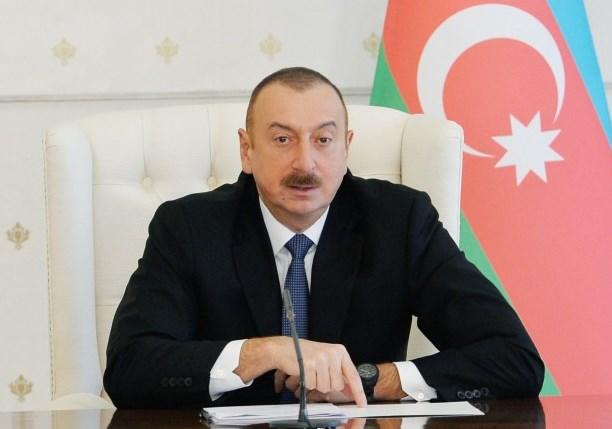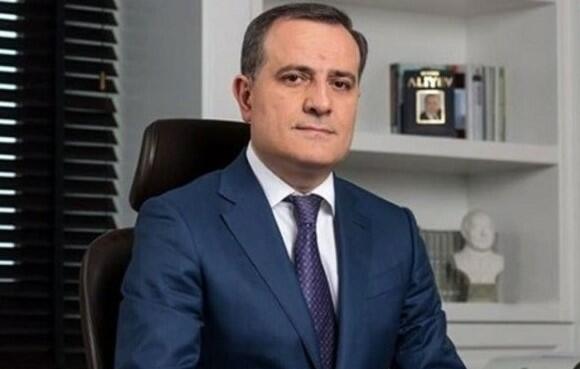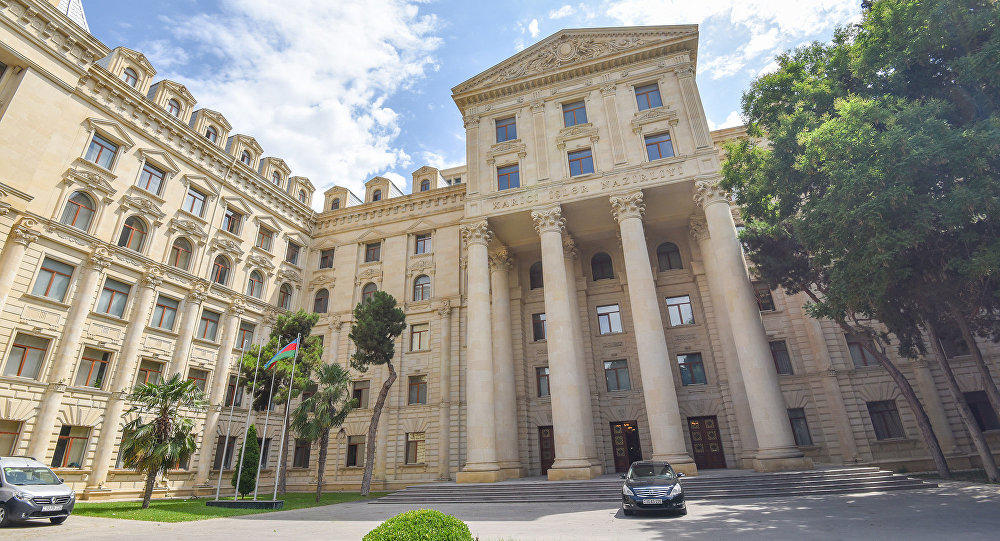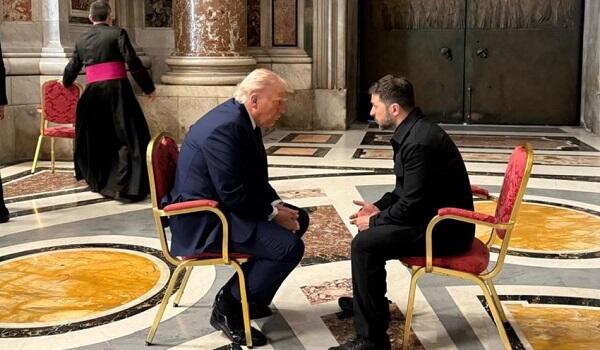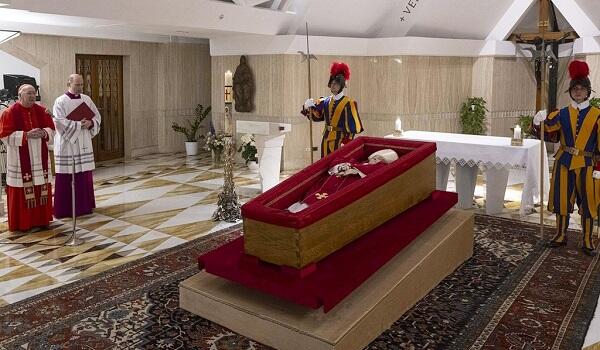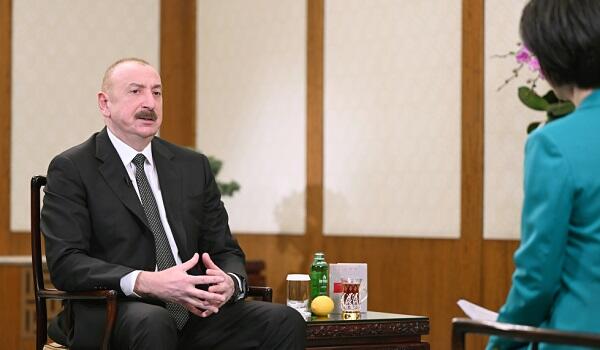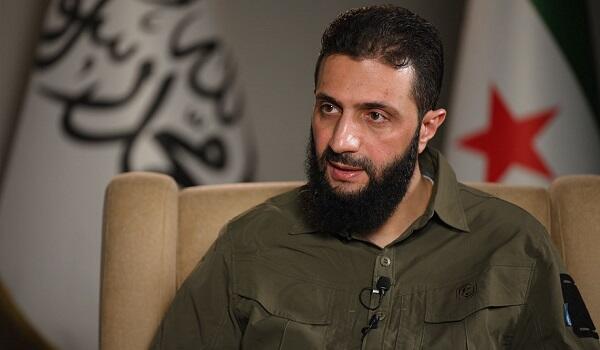Abu Mohammed al-Golani, the militant leader whose stunning insurgency toppled Syria’s President Bashar Assad, has spent years working to remake his public image, renouncing longtime ties to al-Qaida and depicting himself as a champion of pluralism and tolerance.
Axar.az reports that citing Associated Press, as he entered Damascus behind his victorious fighters Sunday, he even dropped his nom de guerre and referred to himself with his real name, Ahmad al-Sharaa.
Throughout his rise through extremist ranks, al-Sharaa was only known by the jihadi nickname he adopted, Abu Mohammed al-Golani. His ties to al-Qaida stretch back to 2003, when he joined insurgents battling U.S. troops in Iraq. The Syrian native was detained by the U.S. military but remained in Iraq. During that time, al-Qaida usurped like-minded groups and formed the extremist Islamic State of Iraq, led by Abu Bakr al-Baghdadi.
In 2011, a popular uprising in Syria against Assad triggered a brutal government crackdown and led to all-out war. Al-Golani’s prominence grew when al-Baghdadi sent him to Syria to establish a branch of al-Qaida called the Nusra Front. The United States labeled the new group as a terrorist organization. That designation still remains in place and the U.S. government has put a $10 million bounty on him.
As Syria’s civil war intensified in 2013, so did al-Golani’s ambitions. He defied al-Baghdadi’s calls to dissolve the Nusra Front and merge it with al-Qaida’s operation in Iraq, to form the Islamic State of Iraq and Syria, or ISIS.
Al-Golani nonetheless pledged his allegiance to al-Qaida, which later disassociated itself from ISIS. The Nusra Front battled ISIS and eliminated much of its competition among the Syrian armed opposition to Assad.
In his first interview in 2014, al-Golani kept his face covered, telling a reporter for Qatari network Al-Jazeera that he rejected political talks in Geneva to end the conflict. He said his goal was to see Syria ruled under Islamic law and made clear that there was no room for the country’s Alawite, Shiite, Druze and Christian minorities.
In 2016, al-Golani revealed his face to the public for the first time in a video message that announced his group was renaming itself Jabhat Fateh al-Sham -– the Syria Conquest Front -- and cutting its ties to al-Qaida.
“This new organization has no affiliation to any external entity,” he said in the video, filmed wearing military garb and a turban.
The move paved the way for al-Golani to assert full control over fracturing militant groups. A year later, his alliance rebranded again as Hayat Tahrir al-Sham -– meaning Organization for Liberating Syria -- as the groups merged, consolidating al-Golani’s power in northwest Syria’s Idlib province.
With his power consolidated, al-Golani set in motion a transformation that few could have imagined. Replacing his military garb with shirt and trousers, he began calling for religious tolerance and pluralism.
He appealed to the Druze community in Idlib, which the Nusra Front had previously targeted, and visited the families of Kurds who were killed by Turkish-backed militias.
In 2021, he had his first interview with an American journalist on PBS. Wearing a blazer, with his short hair gelled back, the now more soft-spoken HTS leader said that his group posed no threat to the West and that sanctions imposed against it were unjust.
“Yes, we have criticized Western policies,” he said. “But to wage a war against the United States or Europe from Syria, that’s not true. We didn’t say we wanted to fight.”


